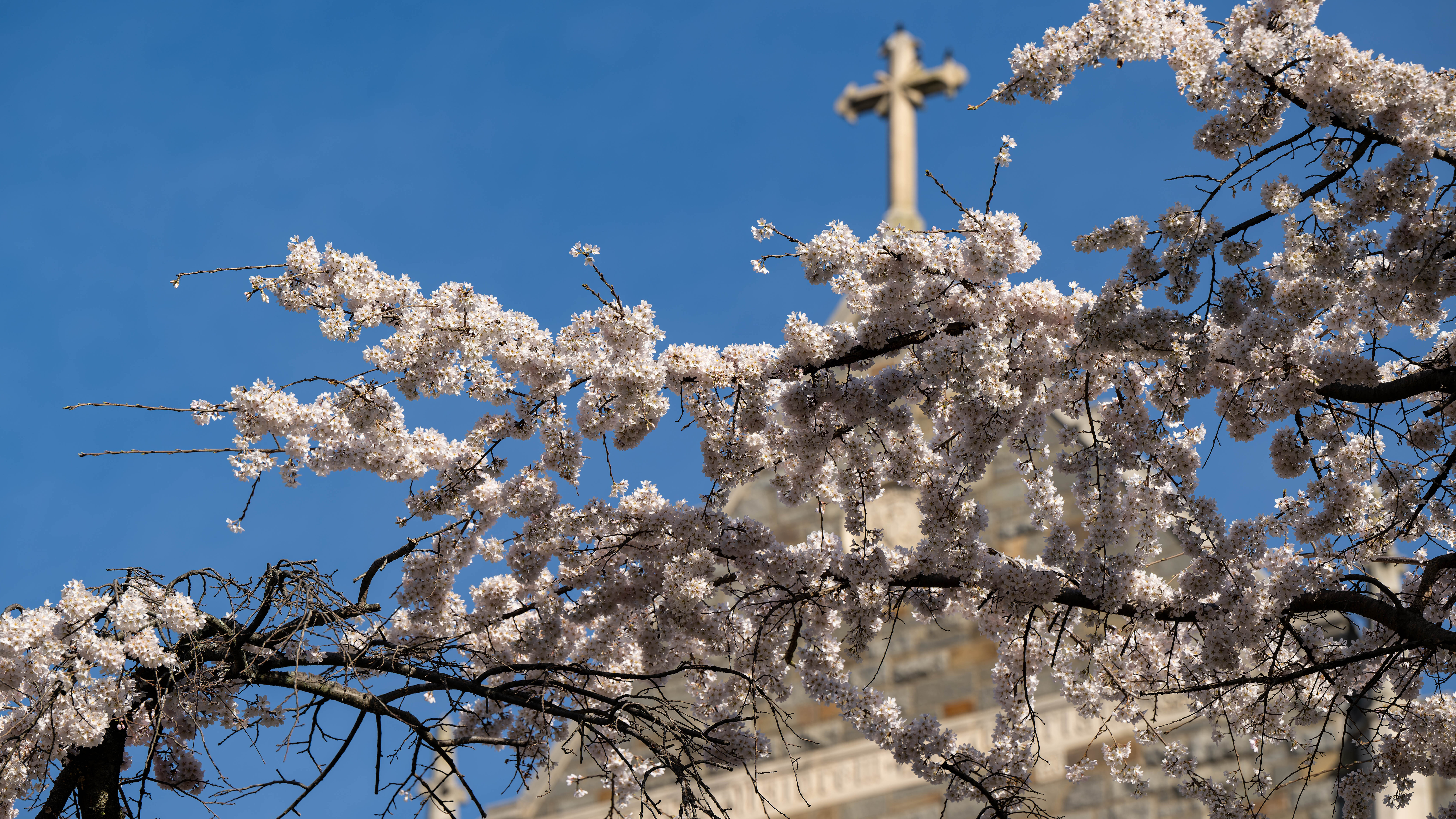

Rethinking Religion and Human Rights
Leaders: David Hollenbach Michael Kessler David Little Elisa Massimino
Cataclysm has a way of clarifying the mind. Out of the devastation of World War II and the Holocaust emerged a global consensus around a revolutionary idea: that every human on the planet is entitled by virtue of their humanity to enjoy certain fundamental rights and freedoms essential to a life of dignity, and that universal respect for those rights is the best guarantor of global peace and security. The Rethinking Religion and Human Rights project will engage scholars, practitioners, and religious thinkers in a conversation about reclaiming this vision of human rights in our current global environment.
This idea—and a specific set of rights underpinning it—was codified in the Universal Declaration of Human Rights (UDHR) and adopted without dissent by the UN General Assembly in 1948. But almost immediately the effort to realize these rights—and even the concept itself—faced immense political, economic, and intellectual pressures, initially in the context of the Cold War, but continuing even to today.
Yet even as “human rights” has become an established part of discourse in every part of the world, attacks on human rights and on the fundamental premise of the UDHR continue and, in some places, are on the rise. Some have sought to break apart what was conceived of as a set of equal and interdependent rights, prioritizing certain rights over others, escalating conflict between rights, or dismissing the concept of inherent rights as a moral fiction.
We need a revival of the revolutionary idea behind the UDHR, both to buttress the normative case for human rights and to elucidate how achieving universal respect for those rights requires not only legal rules and duties but a wider engagement with cultural and moral norms, collective action and movement building, and examination of the role of religious communities and other social movements.
The Rethinking Religion and Human Rights project will engage scholars, practitioners, and religious thinkers in a conversation about reclaiming this vision of human rights in our current global environment.
A series of public events will engage scholars and religious leaders around a series of linked questions:
- What are the theoretical foundations of human rights, and how do religious claims about them relate to secular and pluralistic arguments?
- How can a culture of human rights rebut rising nationalism, antipathy toward refugees, and the diminishment of the “responsibility to protect” which has left many persons vulnerable to oppressive regimes?
- What should the future of promoting human rights in U.S. foreign policy look like? What policies should be implemented by the U.S. government to help realize a human rights vision?
- What is the nature and scope of economic, social, and cultural rights, and how should they be promoted?
- How can religious communities contribute to the implementation of these rights in face of massive poverty and economic inequality? How are the Sustainable Development Goals related to such rights?
- What is the nature and scope of the freedom of religion or belief, and what is the relation of such freedom to other human rights?
- Can the promotion of the freedom of religion or belief mitigate the threat to human rights represented by severe hostility and conflict? If so, how?
- How can religious communities promote the human rights of women and LGBTQ persons when issues of sexual and gender identity are often sources of conflict?
- How are the human rights of the victims of armed conflict to be protected?
The proceedings of the event series will inform a concept paper with recommendations for future research and action.

Project Leaders

Senior Fellow
Walsh School of Foreign Service and Department of Theology and Religious Studies

Executive Director
Department of Government and Georgetown Law

Research Fellow

Senior Research Fellow
Georgetown Law

